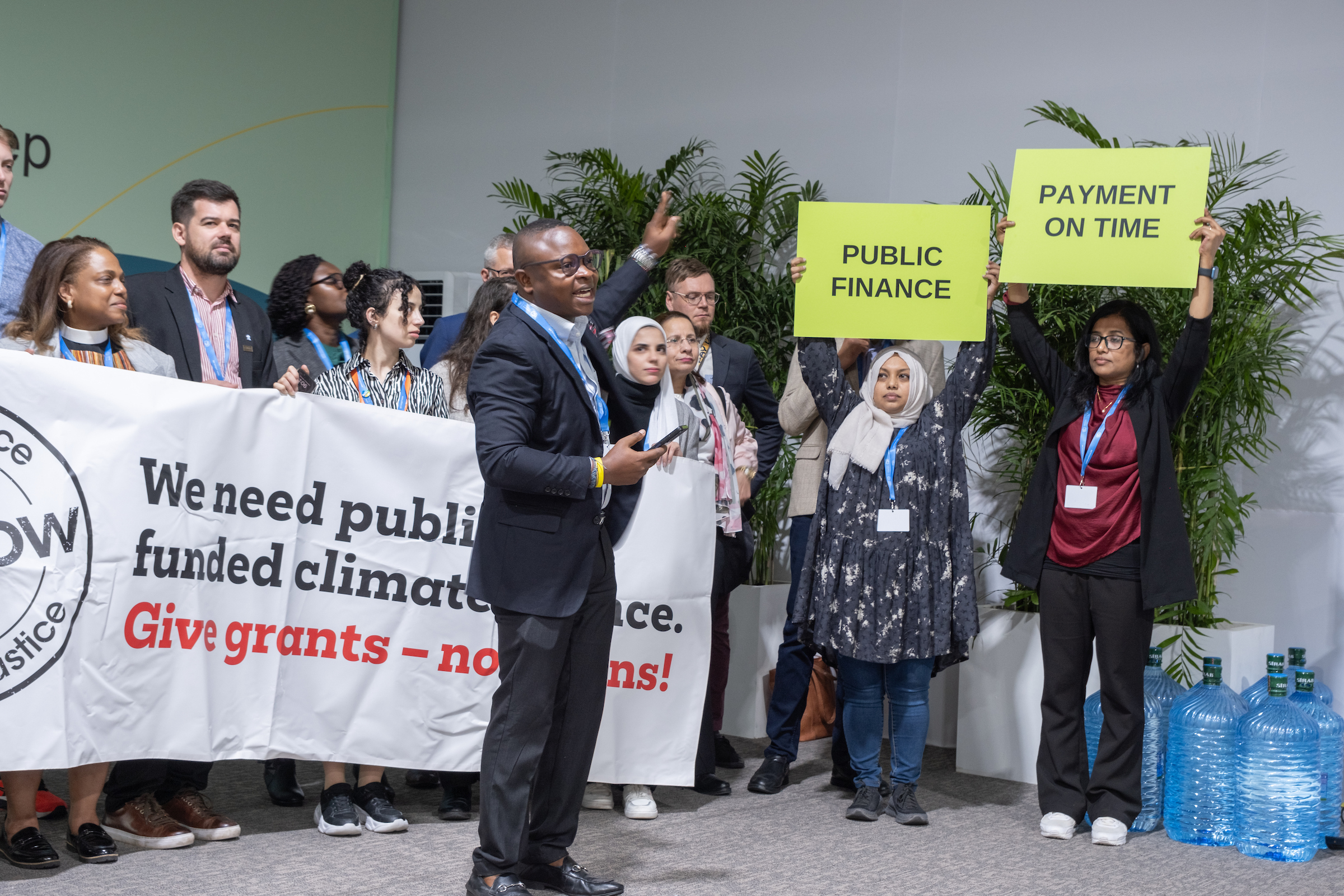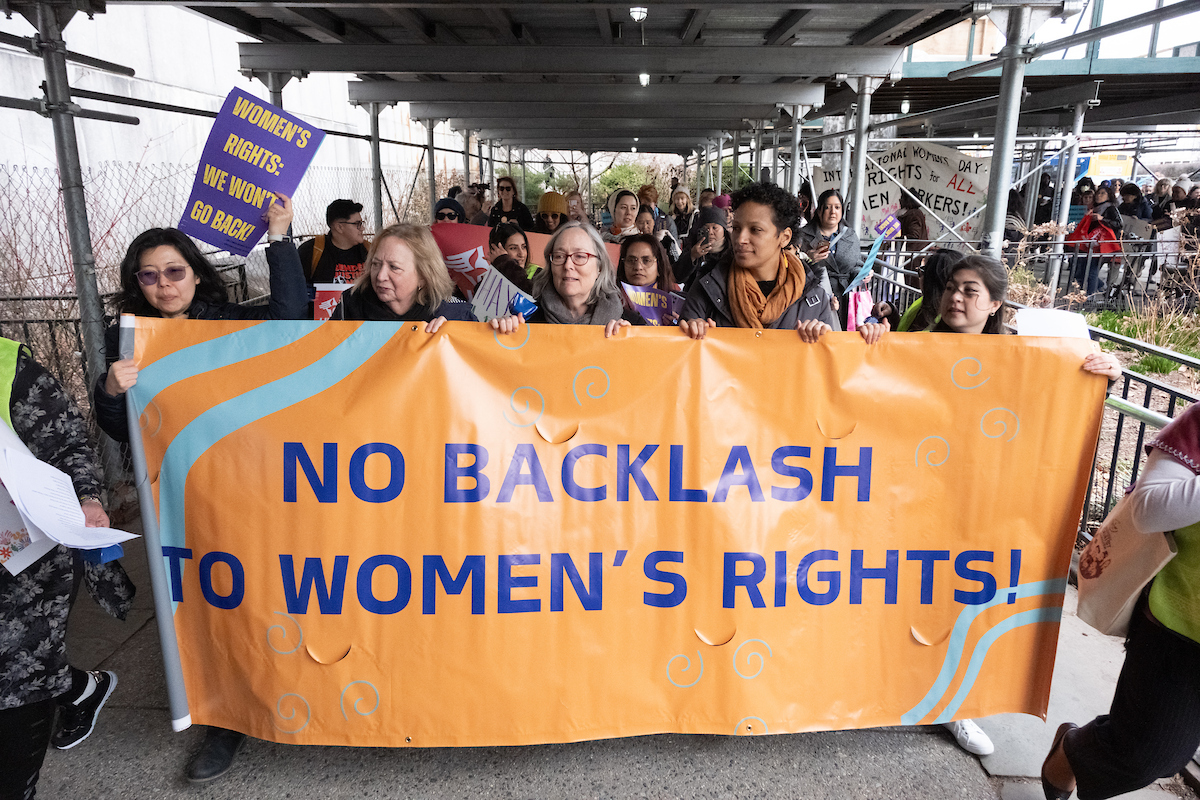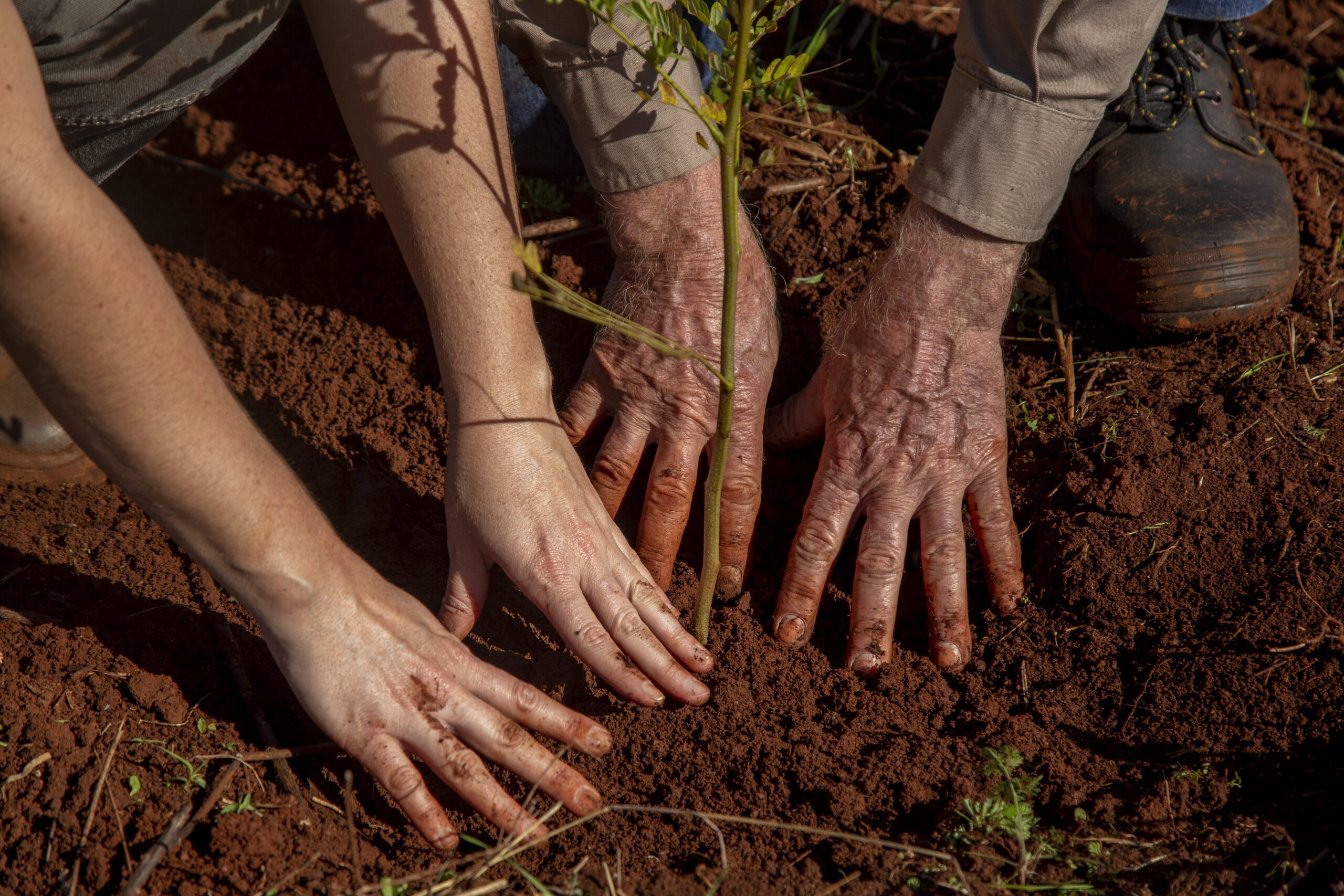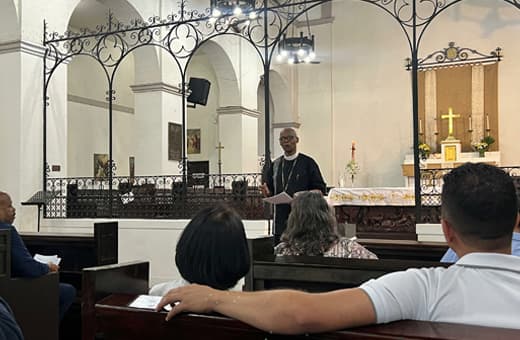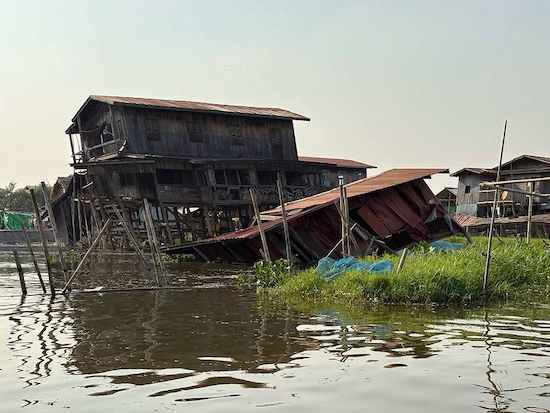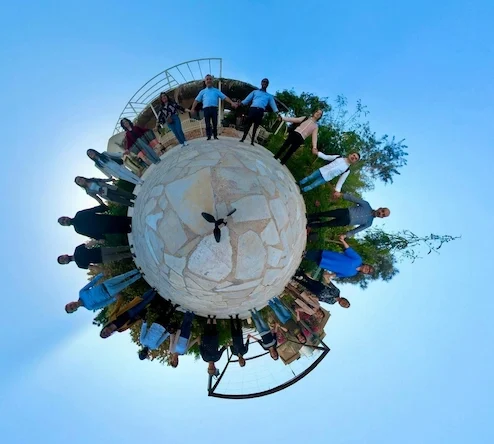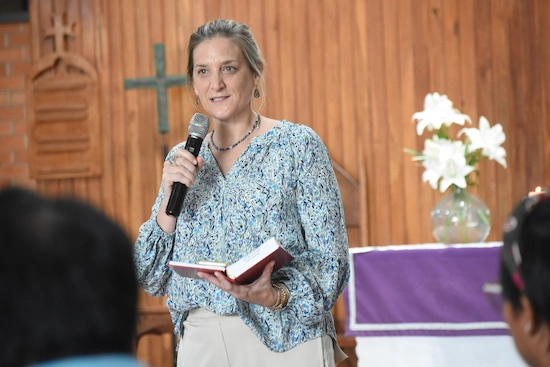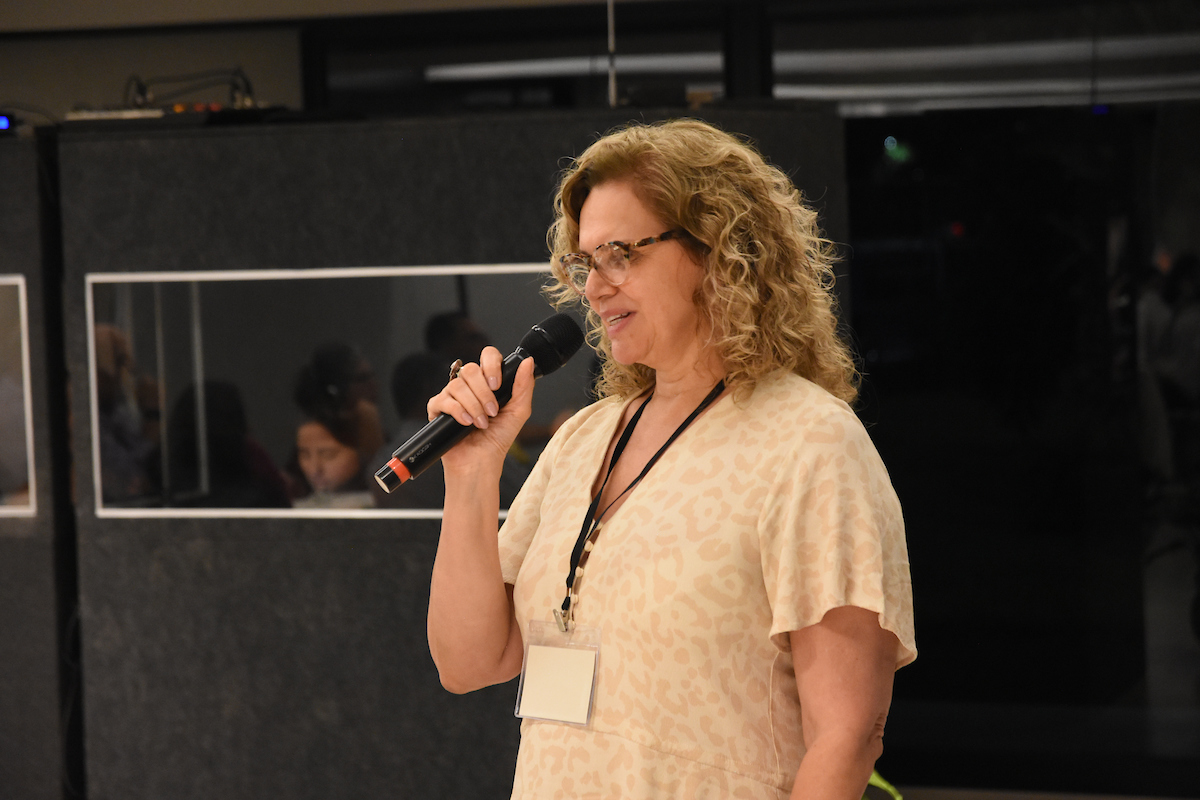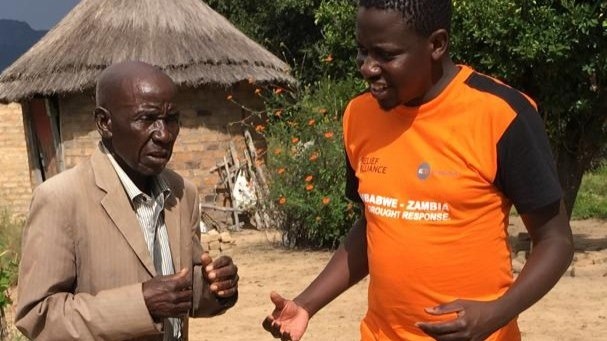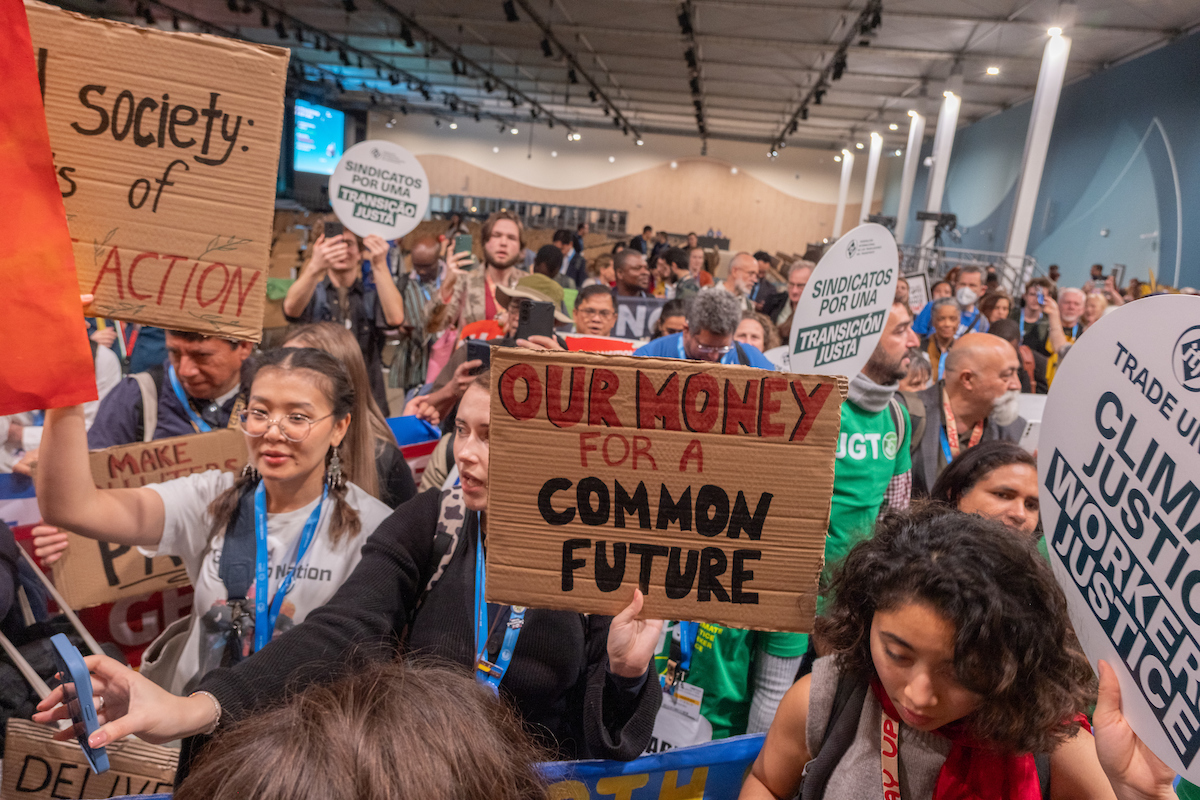This article was originally published on Devex
By Illari Aragon, Julius Mbatia
Later this year, countries are due to submit their plans to limit global warming. Far from being a technical exercise linked to the Paris Agreement on climate change, these plans represent an opportunity to ensure global development achievements are not lost.
As the climate crisis intensifies, the need for urgent, coordinated action has never been clearer. Vulnerable communities worldwide are already experiencing the consequences of inaction. Prolonged droughts, devastating floods, and extreme heat waves across Africa are stark reminders of what’s at stake.
With a midyear U.N. climate meeting taking place next week in Bonn, Germany, and attention building toward the COP30 climate summit in Brazil later this year, countries face a critical deadline: By September, they must submit their new nationally determined contributions, known as NDCs. These are national climate commitments outlining how countries will cut emissions, adapt to climate change, and transition away from fossil fuels. Commitments are expected to set new emission reduction targets extending through to 2035, shaping the world’s climate response for the coming decade.
The ambition and credibility of the upcoming NDCs will determine whether the world can still limit global warming to 1.5 degrees Celsius — the most ambitious Paris Agreement target.
Aligning NDCs with the 1.5°C goal is essential. Surpassing it risks catastrophic impacts on ecosystems and communities, potentially undoing decades of development progress. In Kenya, some estimates suggest climate-related impacts result in annual gross domestic product, or GDP, losses of up to 5%. Kenya, like many other countries, depends on economic sectors that are affected by climate.
To safeguard the future, the next round of NDCs must go beyond rhetoric and include concrete policies, ambitious emission reduction targets, and robust adaptation strategies. This is not just an obligation under the Paris Agreement — it’s a responsibility to all: humanity and the Earth.
Our organizations, Christian Aid and the ACT Alliance, faith groups committed to supporting marginalized communities in the global south, are working with partners to ensure that this new round of national climate commitments lead to real progress.
Critically, we are advocating for these to be developed inclusively. NDCs are so much more than technical plans; when done well, NDCs become strategic road maps for sustainable development, aligning climate action with economic, social, and environmental priorities.
Here are three key reasons why the development community must engage with NDCs.
1. 2025 marks a critical turning point, and advanced economies must lead the way
Despite the worsening impacts of climate change, current climate commitments put the world on track for 2.4°C to 2.6°C of warming by the end of the century, well above the 1.5°C limit laid out in the Paris Agreement.
This gap matters. Limiting warming to 1.5°C is not just a scientific target; it’s a lifeline for millions. Without stronger action, we risk a future marked by more intense heat waves, crop failures undermining food security, increasingly frequent and destructive storms and wildfires. These climate impacts are already happening and those bearing the brunt of these consequences are often the countries that have contributed the least to the problem.
This next round of climate commitments is a critical opportunity to course-correct. To limit global warming to 1.5°C, global emissions need to be reduced by 43% by 2030 and 60% by 2035. Meeting this challenge requires concrete action such as rapidly scaling up renewable energy, phasing out coal and other fossil fuels, investing in sustainable transport, protecting forests and natural carbon sinks, improving energy efficiency in buildings and industry among other measures. Such efforts require political will, fair cooperation, and sustained public pressure.
While all countries have a role to play, responsibilities are not equal. The world’s top 20 economies account for over 80% of emissions. These nations must lead by rapidly cutting emissions and increasing financial and technological support to vulnerable nations.
At the same time, low-income nations have a critical role to play. They must demonstrate that slashing emissions in their own contexts can also drive stronger development outcomes. From expanding access to clean and affordable energy and creating green jobs, to strengthening food systems and building resilience to climate shocks — climate efforts must show that a just, low-carbon future is both possible and desirable.
